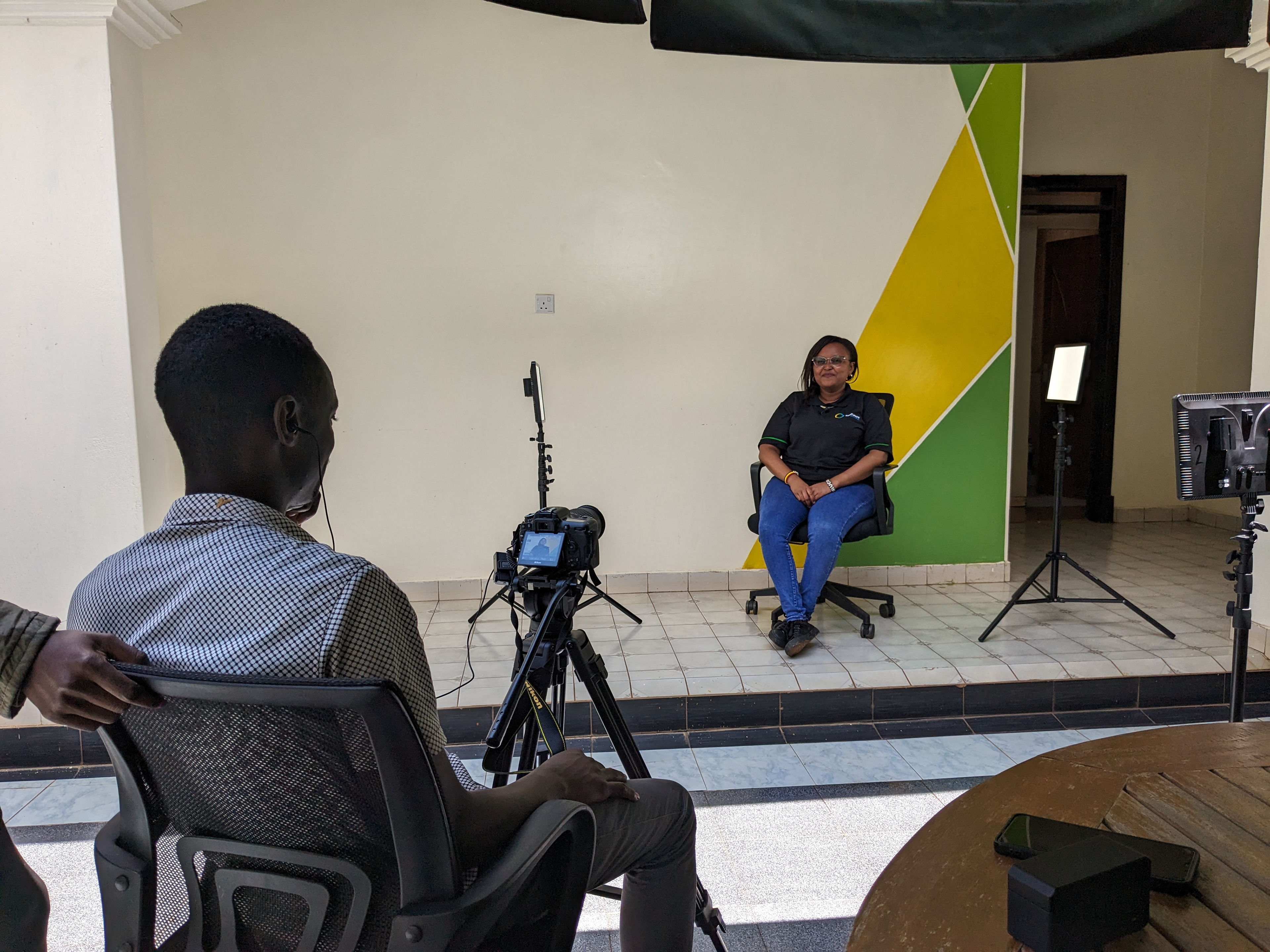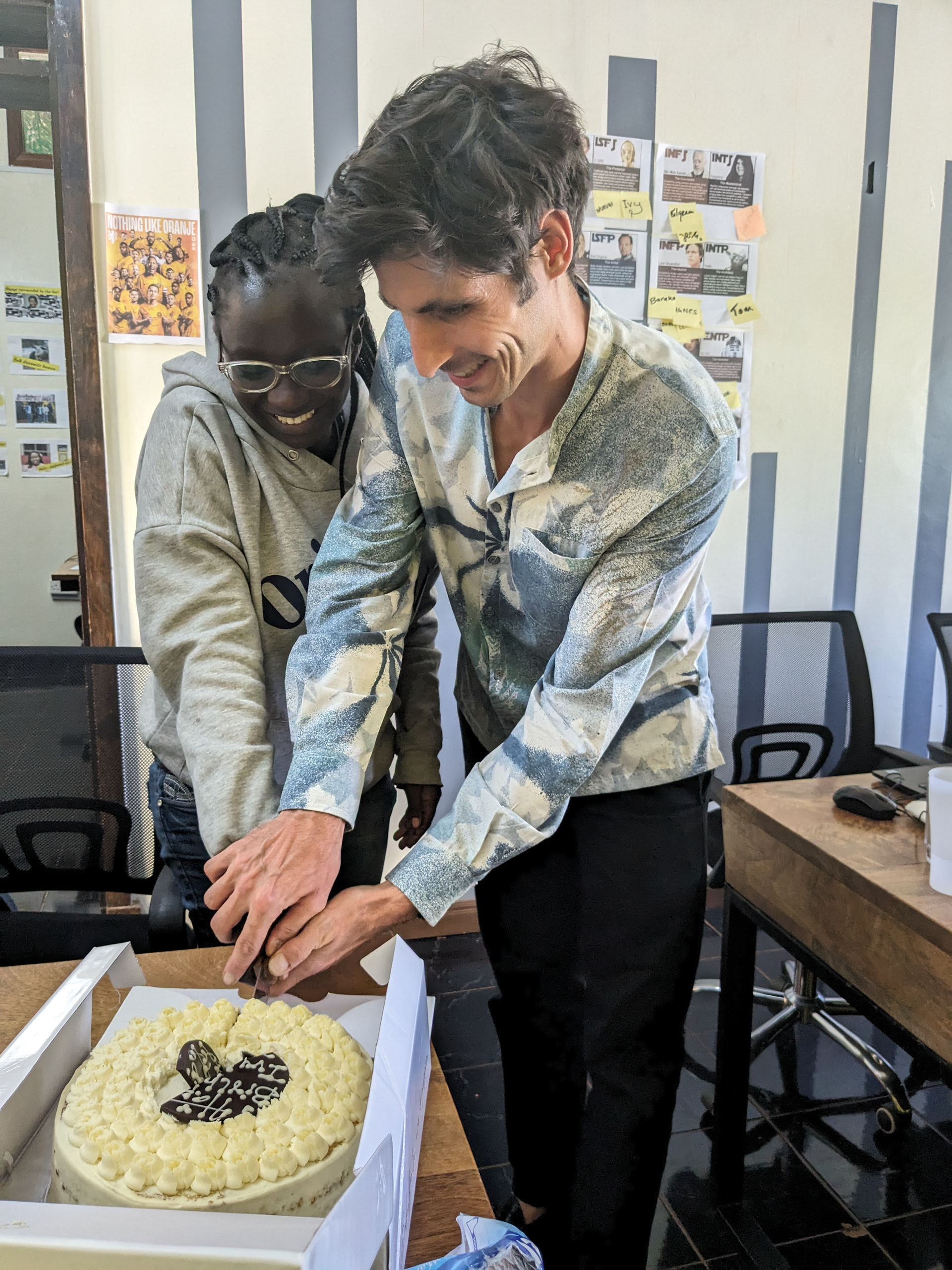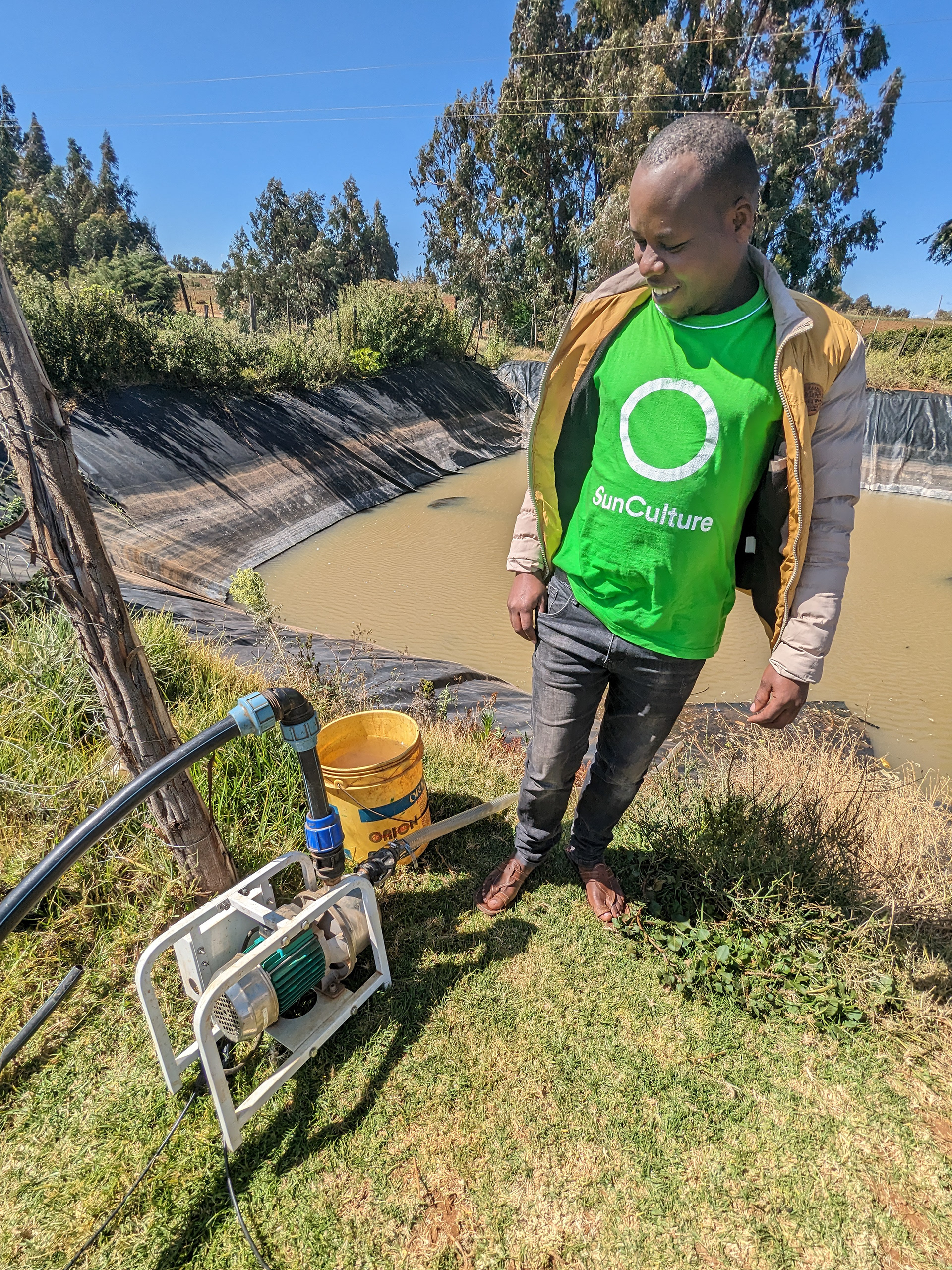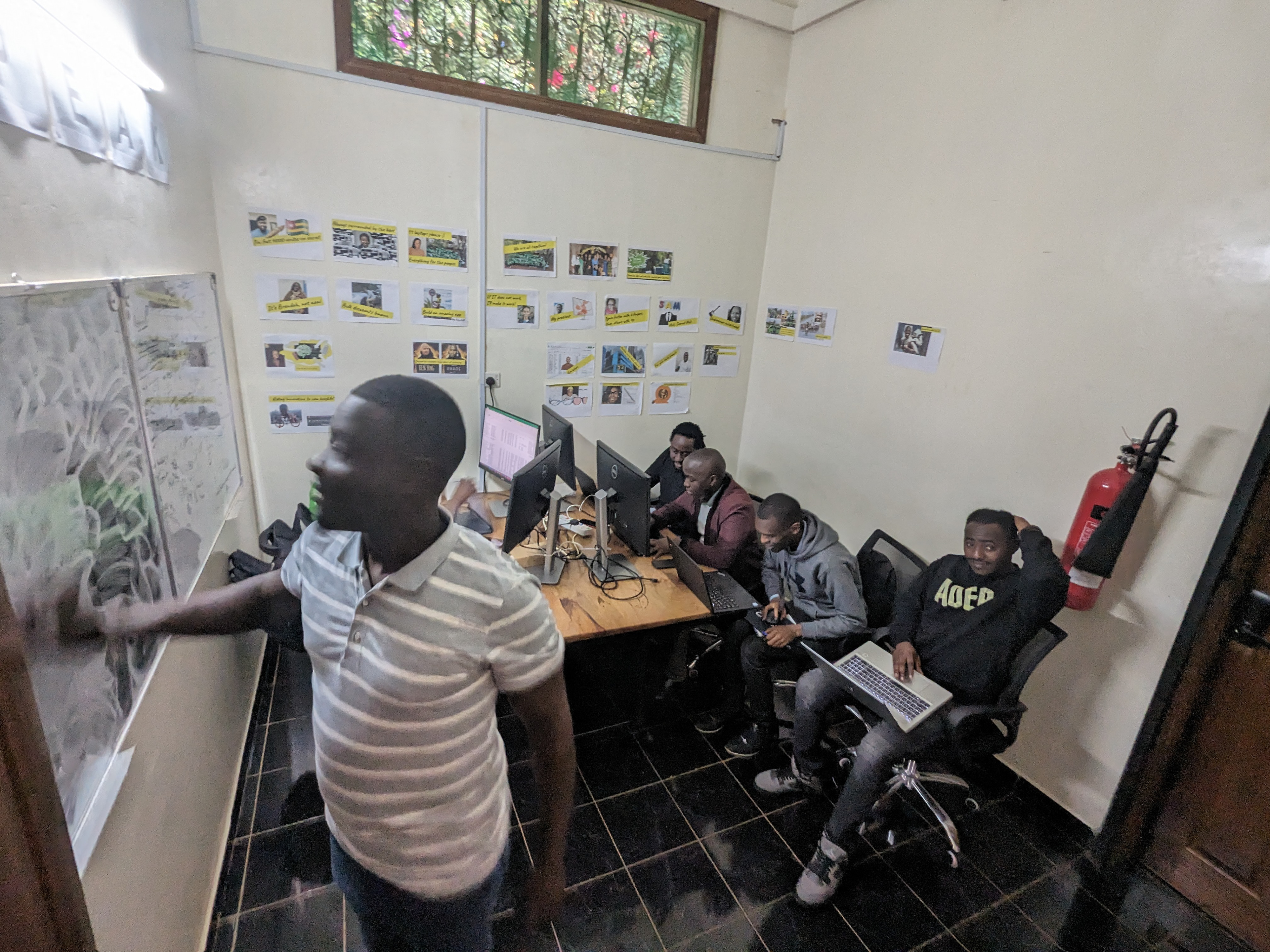Transforming Teams: A Journey with Radical Candor
In the realm of team management, there’s a powerful concept that often gets overlooked amidst the buzz of strategies and methodologies: radical candor. It’s not just about being brutally honest; it’s about creating a culture of openness, learning, and self-management within your team. At SunCulture I utilized the principles of radical candor to nurture a high-performing, self-managing team.
1. Team culture starts with hiring
They say team culture starts with hiring, and I couldn’t agree more. From the outset, it’s crucial to be open, honest, and inclusive in recruitment. Rather than overselling the organization, I emphasized transparency, ensuring that potential hires were fully aware of both the challenges and opportunities within the team. Moreover, involving future peers in the hiring process helped ensure a smoother onboarding experience, setting the tone for collaboration and inclusivity from day one, or day minus 1.
2. Embracing Mistakes
Mistakes are inevitable, but it’s how we handle them that defines our team’s culture. While the concept of "fail fast" has become ubiquitous in agile and modern management paradigms, I realized that it’s not enough to simply encourage rapid iteration without fostering a culture of accountability and openness. Instead, I promoted high levels of openness by focusing on the path forward rather than dwelling on past errors. By empowering teammates to own up to mistakes and facilitating objective and candid performance reviews, we created an environment where learning from failures became ingrained in our DNA. That coupled with a candid and objective performance review process means that the team does not fail fast, but fails forward.
3. Amplifying Team Visibility
Visibility is key to fostering a sense of ownership and pride within the team. To promote team member visibility, I created forums for showcasing the work done directly to management. Through demos, presentations, investor meetings, and other avenues, engineers were given the opportunity to shine and demonstrate their contributions firsthand. This not only boosted morale but also reinforced the notion that every team member’s efforts were valued and recognized. Management's appreciation for engineers means that we have overtime become both prouder of our deliverables as well as more realistic of what it takes.
Conclusion: A Culture of Empowerment
Today, our team stands as a testament to the transformative power of radical candor. With a culture rooted in openness, accountability, and continuous learning, we’ve witnessed remarkable growth and cohesion. New engineers now have a turnaround time of just two weeks before they become productive contributors—a testament to the effectiveness of our approach. By embracing radical candor and prioritizing values such as transparency, accountability, and empowerment, we’ve not only cultivated a high-performing team but also forged a community where every member feels valued and empowered to thrive.
In the ever-evolving landscape of team management, radical candor remains an undervalued framework —a reminder that true success stems not just from technical prowess but from the strength of our relationships and the depth of our commitment to each other’s growth and success.







